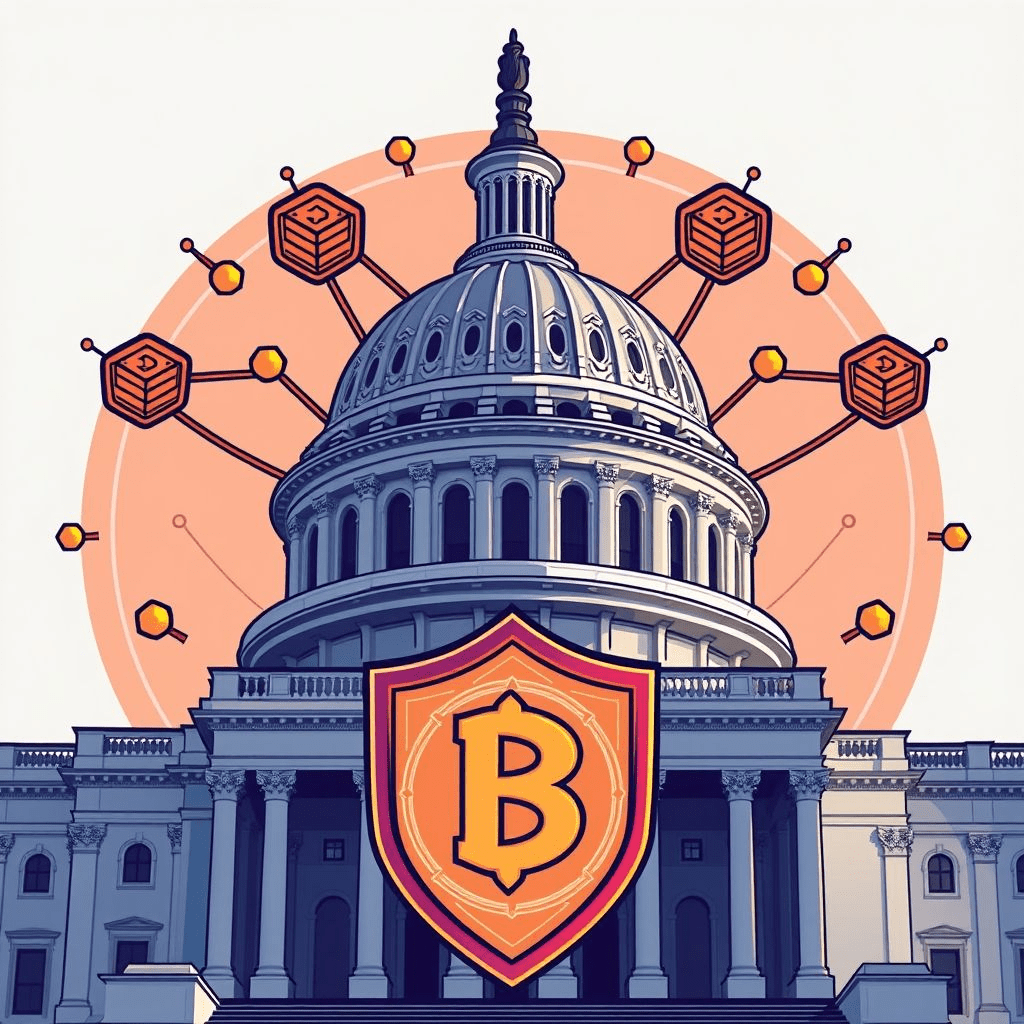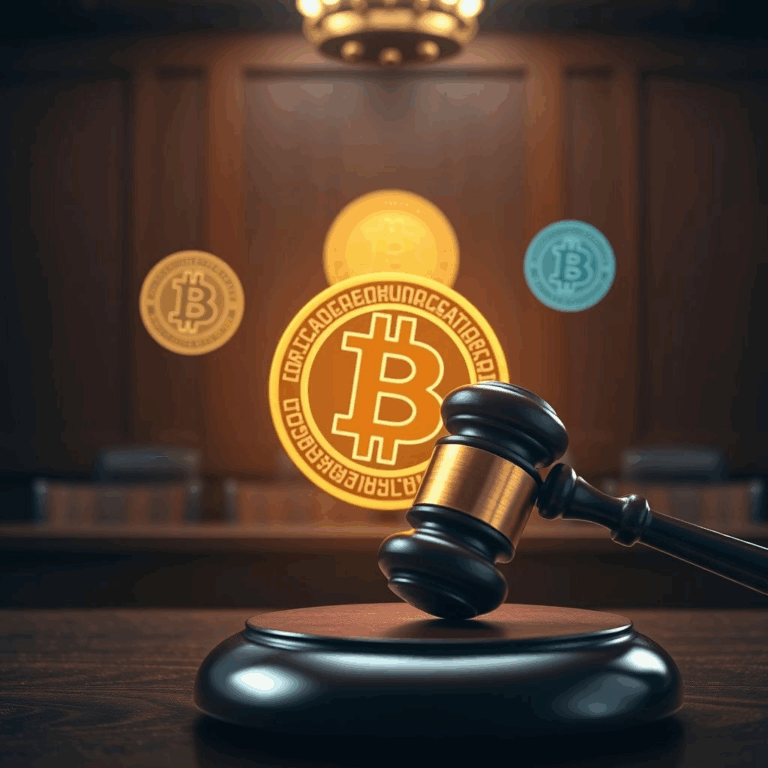Introduction
On July 31, 2025, the U.S. Securities and Exchange Commission (SEC) raised eyebrows across the crypto sector by officially launching Project Crypto—a sweeping regulatory initiative designed to transform how cryptocurrencies, tokenized securities, and DeFi instruments operate within U.S. capital markets. This effort was revealed in a speech by SEC Chair Paul Atkins at the America First Policy Institute, signaling a notable shift in tone from enforcement-driven to innovation-friendly regulation under the Trump administration
Background: The Need for Reform
Historically, the SEC’s approach under previous administrations centered on aggressive enforcement actions against crypto exchanges like Coinbase and Binance. These cases hinged on unclear definitions of digital assets, leading to investor confusion and stifled innovation. With mounting pressure from industry advocates and lawmakers, the SEC now seeks to embed digital assets into mainstream finance through a new rulebook.
Meanwhile, the President’s Working Group on Digital Asset Markets released a policy report one day prior calling for clearer regulatory roles, increased industry coordination, and the creation of tokenized asset platforms under federal oversight
What Project Crypto Aims To Do
Key pillars of Project Crypto include:
- Asset Classification Clarity: Defining when a token qualifies as a security, commodity, or stablecoin, reducing legal ambiguity for issuers and exchanges.
- Tokenized Securities Framework: Crafting guidelines to enable regulated trading of on-chain securities, allowing brokerage platforms to offer crypto and financial products under unified supervision.
- DeFi Integration: Permitting tokenized products and decentralized financial services to operate within existing regulated markets, with tailored disclosure rules.
- Regulatory Sandboxes & Safe Harbors: Introducing phased approval processes, experimental deployment platforms, and controlled exemptions for new crypto products like token offerings and airdrops
Atkins described this as more than a rules update—it is, in his words, a “generational opportunity” to bridge blockchain technology with traditional finance
Industry Reactions
Crypto firms welcomed the announcement. Executives at major exchanges stated that a constructive regulatory environment was essential for fostering innovation and retaining talent in the U.S. One unnamed industry analyst noted: “This marks a decisive turn: enforcement fatigue is giving way to institutional collaboration.”
Analysts contrasted this with former SEC Chair Gary Gensler’s tenure, under which many enforcement actions stalled or drove firms offshore. With Project Crypto, the tone has shifted to one of partnership and growth
Impacts on Markets & Innovation
- Crypto Market Confidence: Prices of Bitcoin, Ethereum, and Solana rallied modestly on anticipation of clearer rules and less risk of abrupt enforcement.
- Institutional Participation: Banks and asset managers have expressed renewed interest in listing tokenized securities, staking, and custody products.
- DeFi Legitimacy: Projects operating in smart contracts and decentralized lending may now seek regulated pathways for scaling securely and legally.
Project Crypto also dovetails with recent legislative momentum, including the passage of the GENIUS Act and CLARITY legislation, reshaping how stablecoins and asset custody are supervised.
Challenges & Criticism
Some observers caution that hastened rulemaking risks overlooking investor protections. Critics demand transparency on how classification thresholds are set, how auditability will be enforced, and whether DeFi participants can satisfy KYC/AML requirements in decentralized contexts.
Others express concern about regulatory capture or non-competitive advantages for tokenized securities centralized around legacy finance firms.
Future Outlook
- Rulemaking Roadmap: The SEC is expected to issue draft guidelines and conduct public consultation rounds in coming months, with final rules by mid‑2026.
- Market Transformation: Firms may pivot toward developing “super‑apps”—platforms offering trading, staking, DeFi services, and fractional securities under one license.
- Global Influence: As U.S. adoption accelerates, other regulators may follow suit, shaping a global standard for crypto-financial integration.
By centering Project Crypto as the focal keyword, this article underscores a transformative policy shift in U.S. cryptocurrency governance.







